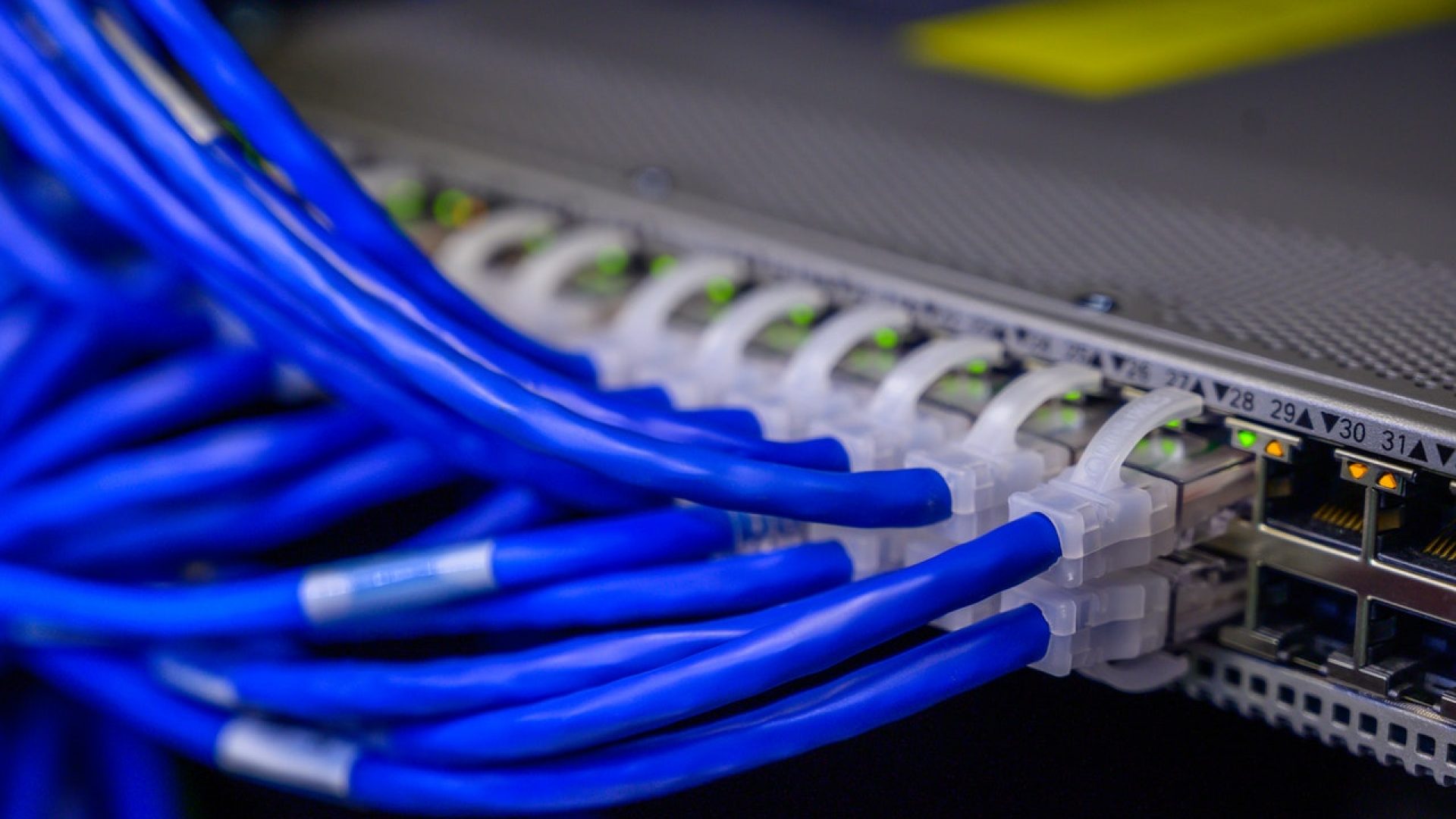With all the progress we’ve made adapting to the internet, it’s understandable how we’ve become so dependent on it to stay productive. Offices now require constant access, with many files and resources only available online.
This has only been exacerbated by the global pandemic we saw in 2020. Working from home has shown a lot of people that work can continue so long as everyone is connected to the internet. With all that said, it’s important to know whether your office or home setup is appropriate for your needs, which brings us to the question— which is better, hard-wired or wireless internet?
Main Differences Between The Two
To help you get a better idea of what’s more appropriate for you, let’s break down what their main differences are. From here, you should be able to figure out which one is right for you.
Latency
When we connect to the internet, we’re communicating with a network via signals that we send and receive in milliseconds. With the speeds available to us now, we often don’t notice this happening but you might notice how sometimes, the response on your phone or laptop might be a little slower in certain areas of your home or office.
This is the issue with latency. After all, when we connect to a wifi router, we’re sending the signals through the air. Anything in between you and the router (e.g. walls, doors, and furniture) all contribute to slowing your connection down.
With hard-wired connections, this won’t be a problem. Sure, it might be harder to move around, but ethernet cables of the type typically used in these applications are designed to be as fast as possible, meaning that everything you do will immediately be sent to the network.
Security
You might have heard the stories about how a certain network was hacked by someone who found their wireless network. It’s a real problem that corporations have, especially those dealing with their client’s personal information. Fortunately, more than a few solutions involving security software have come up albeit at a cost.
Hard-wiring your connection is another way of solving this problem, possibly at a cheaper cost. The thing is, hacking a network requires that you are connected to that network. If the network is only accessible through a hard-wired connection, then the hacker will need to somehow enter your premises and plug a cable directly into your network.
Reliability
Similar to the point about latency, the reliability of your connection will see a definite improvement when compared to wireless connections. It’s as simple as this— your wired connection will only get disconnected when the wire does. Wireless connections, meanwhile, will be heavily affected by your distance and clearance relevant to the router.
Of course, this also means that anyone using their device in the area immediately surrounding the router should have no problems with this. Anyone else working at a distance from the router though should heavily consider using wires.
Efficiency
Lastly, we have network speeds. Again, distance to the router plays a role here and at this point, you might be unsurprised to hear that there will be an improvement here so it’s best to just say it straight— you will most likely get faster internet speeds just by switching to a hard-wired connection.
Conclusion
At the end of the day, it’s all about your use case. Do you need your connection to be stable and fast? Then a hard-wired network might be best for your needs. Otherwise, if stability and speed are not as important as convenience, then a wireless connection should work for you just fine. The best thing you can do is to do your own research; that way, you’re aware of what the advertisements are offering you.
TP Communications has been helping organizations navigate technology for over 25 years. Our goal is to find an optimal customized solution for each client, whether service, network equipment, cabling, training or business phones. Quite simply, we’ve got you covered when it comes to technology. If you need fibre optic cabling in Calgary, get in touch with us today!




